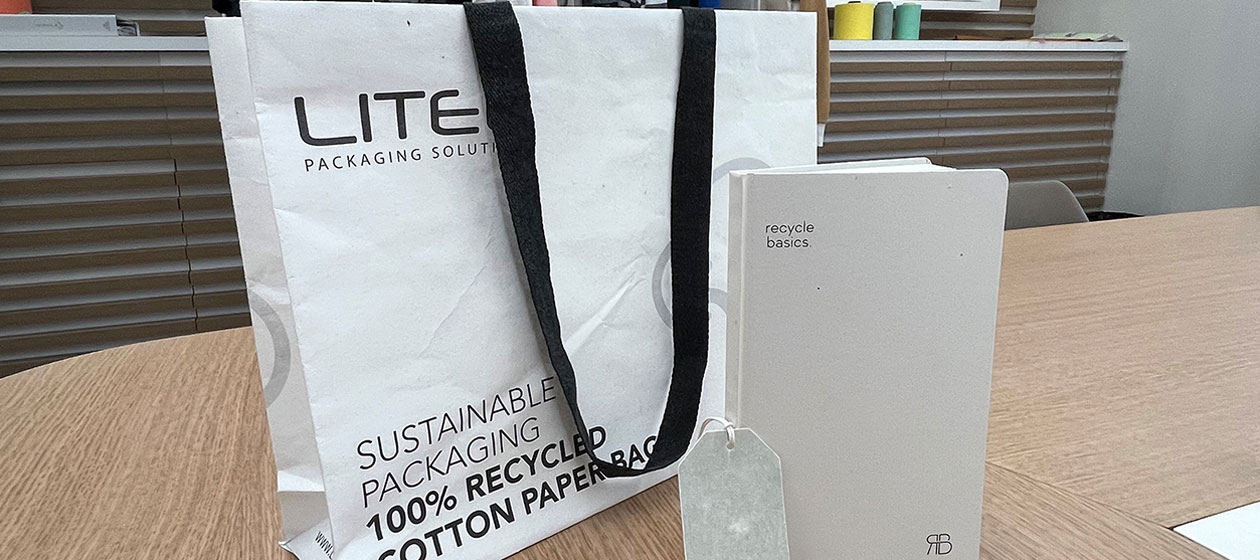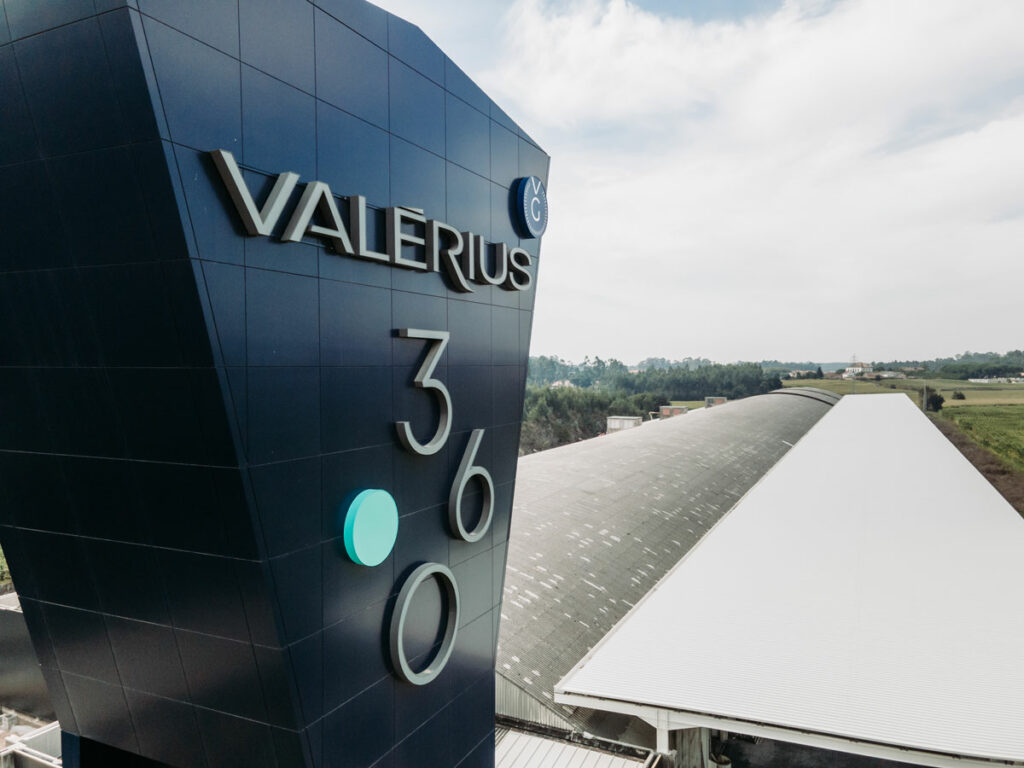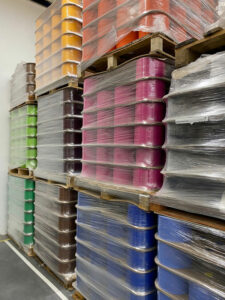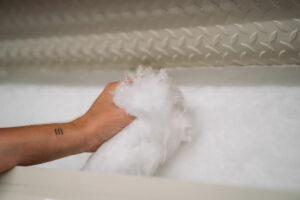Valérius

Founded in 2018 in Vila do Conde, in Northern Portugal, Valérius 360’s main purpose is to treat and recycle post-industrial textile waste. By regenerating discarded materials into brand-new, high-quality cotton fibres, the company finds value in unused textiles while reducing the environmental impact of the textile and fashion industries.
In addition to this, Valérius 360 produces 100% recycled cotton paper using remnants from the production cycle that are unsuitable for textile applications, advancing their ambition of a fully circular, waste-free market solution.

The impact of the fashion industry
According to the World Wild Fund For Nature, the textile industry emits around 1.7 billion tons of carbon dioxide every year, generating an extremely negative impact on the environment. This impact is also related to heavy reliance on non-renewable resources, excessive water consumption, and the use of hazardous substances that contaminate biodiversity and water streams.
The massive scope of production in the fashion industry leads to enormous amounts of unsold or unusable clothes, either from production surplus or from defective or low-quality textile stocks. These textiles are seen as waste and, therefore, their fates are either incineration or landfills, further increasing the weight of the textile sector on the environment.
A joint report by the Ellen MacArthur Foundation in partnership with H&M, Nike and the C&A Foundation highlights that every second a truckload of textile waste is landfilled/incinerated. The same report states that less than 1% of the material used by the textile industry is recycled and/or transformed into new clothes. And clothing consumption is expected to increase even more, from 62 million tons to 102 million tons by 2030.
Towards a circular, waste-free solution
 This is what motivated Valérius 360’s commitment. First of all, the company recycles cotton textile waste generated in its own clothing production process, thus reducing textile waste. This all starts with the gathering of the waste itself, which needs to be organized by colour and structure. Then, a mechanical recycling process transforms the items back into fibres that are ready to be spun again into new, recycled yarn. The company has also invested in developing Life Cycle Assessments for different types of yarns produced, allowing clients to make better and more conscious choices.
This is what motivated Valérius 360’s commitment. First of all, the company recycles cotton textile waste generated in its own clothing production process, thus reducing textile waste. This all starts with the gathering of the waste itself, which needs to be organized by colour and structure. Then, a mechanical recycling process transforms the items back into fibres that are ready to be spun again into new, recycled yarn. The company has also invested in developing Life Cycle Assessments for different types of yarns produced, allowing clients to make better and more conscious choices.
However, the recycling process also produces waste, like fibres that are too short to be spun into yarn. To address this and reintroduce these fibres into the production cycle, the company developed an innovative solution where these fibres are converted into 100% cotton paper. This process makes it possible to find a purpose for the waste produced in the cotton recycling process, thus bringing the company closer to a truly circular economy.


For more information about the company, visit: www.valerius360.pt